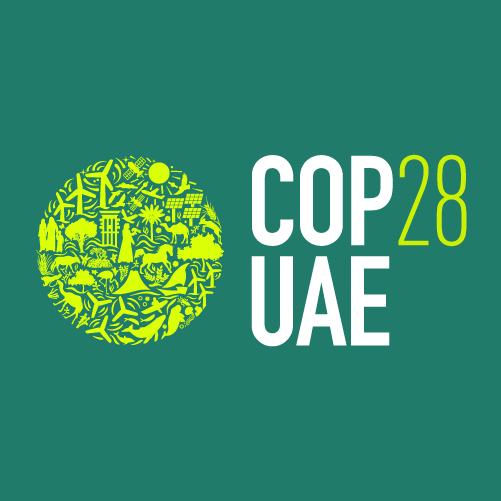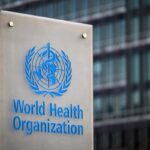Global Health Community Urges Immediate Action on Climate and Health Ahead of COP28

In anticipation of COP28, the World Health Organization (WHO) and the global health community are rallying for heightened attention to the profound impact of climate change on global health. As the world braces for negotiations in Dubai, health leaders stress the imperative to prioritize the well-being of populations worldwide in the face of a rapidly changing climate.
Dr. Tedros Adhanom Ghebreyesus, WHO Director-General, emphasizes that prioritizing health is not merely an option but the cornerstone of resilient societies. The upcoming COP28 presents a pivotal moment for leaders to deliver robust health outcomes vital for both the people’s expectations and the urgent needs of economies.
Recent extreme weather events worldwide serve as ominous indicators of the challenges in a rapidly warming world. The WHO reports a 70% surge in heat-related deaths among those over 65 in the last two decades, underlining the urgency for decisive climate action to limit global warming to 1.5 °C.
The health community stresses the strain on healthcare infrastructure due to increasingly severe weather events, impacting millions globally. A World Bank forecast warns that, without swift action, climate change could displace around 216 million people by 2050.
As climate change disrupts lives and global food systems, infectious diseases like dengue and cholera are on the rise. Urgent and collaborative action is called for to mitigate the health impacts of the climate crisis and forge a sustainable future.
Recognizing the present danger to health systems worldwide, health leaders underscore the need to strengthen systems to be resilient, low carbon, and sustainable. Failure to act swiftly poses a vulnerability to overwhelming impacts.
The health community emphasizes the urgent need for negotiators to acknowledge climate change as a direct and immediate threat to global health. Adapting health systems requires upgraded interventions and aligning with WHO’s operational framework for climate-resilient health systems.
Reducing emissions emerges as a critical strategy to mitigate the negative impact on health, with 7 million annual premature deaths attributed to air pollution. The health community advocates for greening the health sector to significantly reduce the 5% global emissions from the health sector.
The health sector’s call for action also addresses the glaring financial disparity, seeking increased financing from new sources. A plea is made to divest from fossil fuel subsidies and mobilize new funds to support health systems in addressing climate change challenges.
WHO-led Alliance for Transformative Action on Climate and Health (ATACH) aims to leverage collective influence to advance climate-resilient health systems, emphasizing the need for increased financing.
As COP28 approaches, the health community urges negotiators to recognize that climate action is inseparable from health action. The WHO’s call to action unites the global health community, emphasizing the necessity of building resilient health systems, reducing emissions, and prioritizing health. The inaugural Health Day and Ministerial session at COP28 promise to elevate the global profile of the climate and health nexus, emphasizing the intersection of health and climate change on a global scale. The legacy of COP28, health leaders believe, must be a commitment to a healthier planet, ensuring tangible results from the urgent call for climate and health action.



